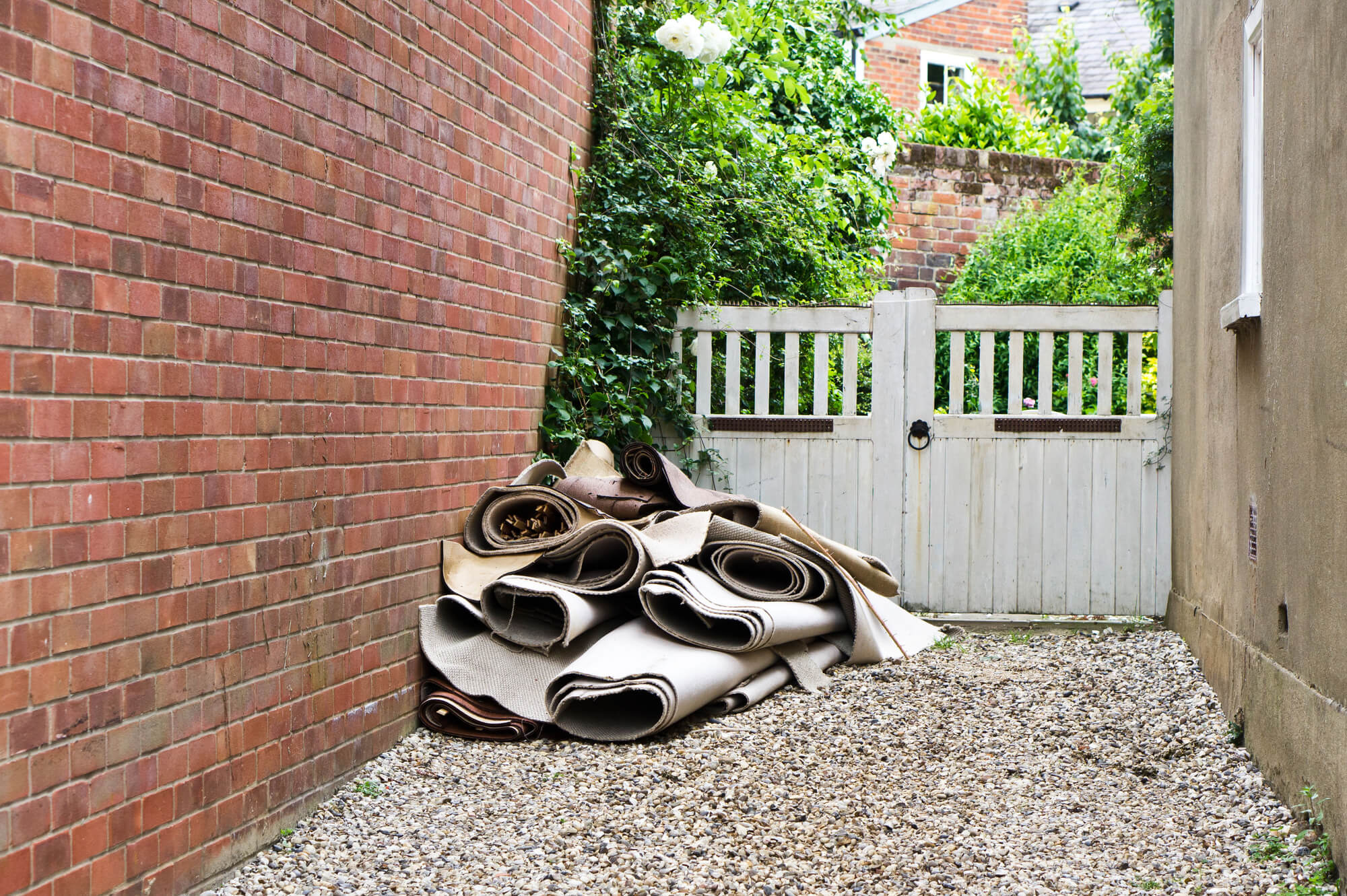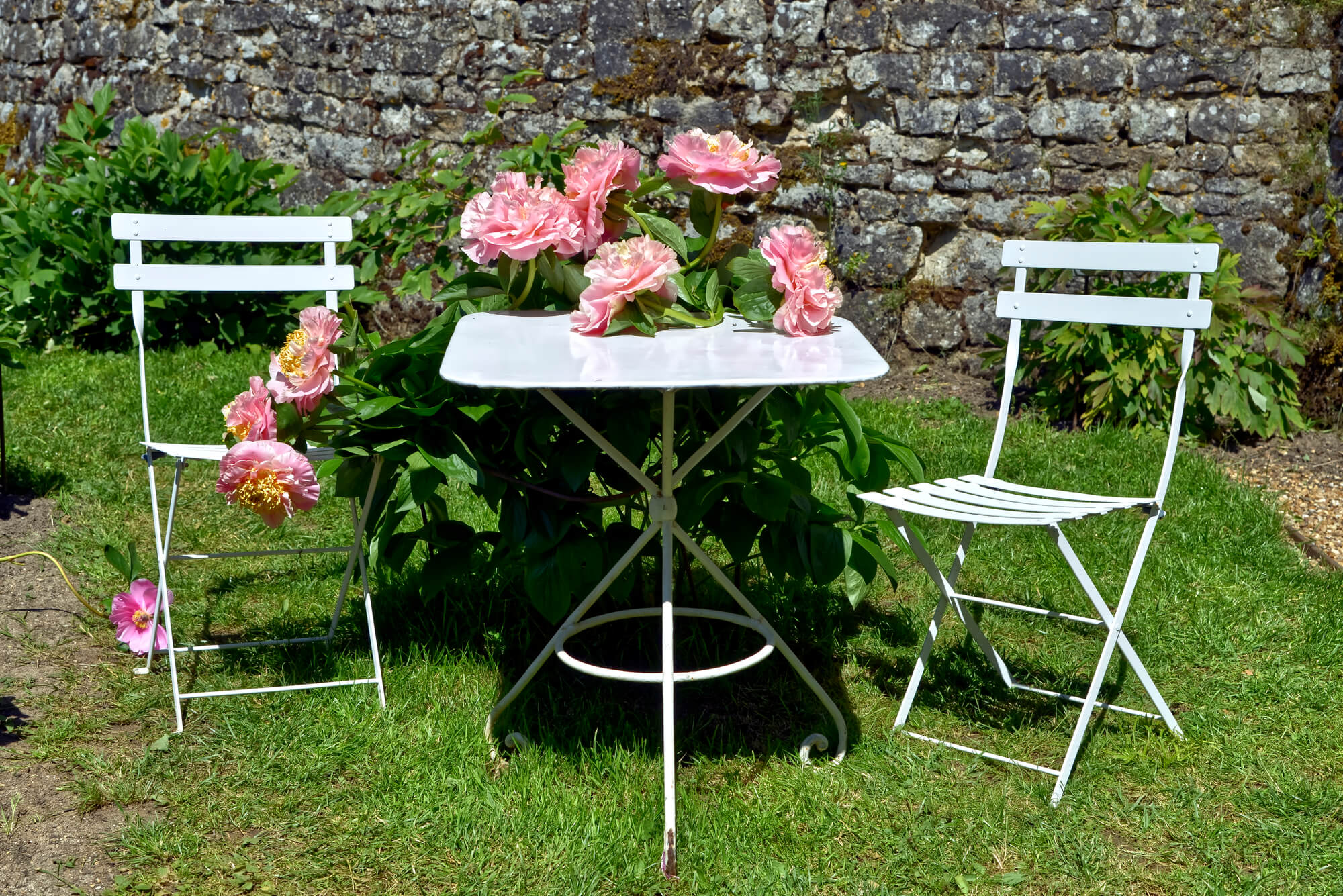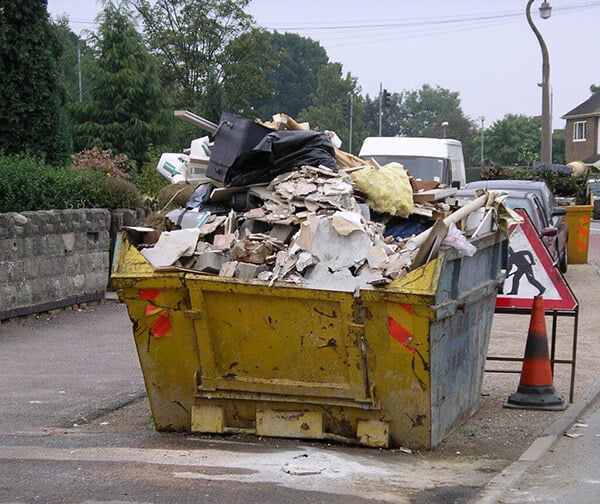Construction projects, whether renovation or new development, involve a high generation of various types of waste. And sometimes, it can be hard to tell what places are safe and government-compliant to dispose of these waste items. Below, we highlight six places where you can dispose of construction waste in the UK and how to go about each.

1. Sell to renovation companies
Don’t hurry to invite a waste management company to your construction site; first, check whether there are reusable materials you can sell from the waste items. Several unwanted materials from new building works can find worthy new uses with small-scale construction companies undertaking minor repairs. Provided they are still in reasonably good condition, material waste, like tiles, plasterboards, pipes, etc., can be reused for minor home repairs and remodeling in other building sites.
So, instead of dumping all the waste materials in landfills, sort out the reasonably good items and sell them to small-scale construction companies around you. Marketplaces like Gumtree and EnviroMate are common construction waste disposal resources you can use to locate buyers for building wastes in the UK.
2. Donate to those in need

Besides selling, you can also donate building and household waste, such as old washing machines and fridges, to those in need. Rather than allowing these reusable materials to join the tonnes of waste disposed of in landfills yearly, let them find a worthy and noble use. You won’t just be decluttering your building space; you’ll also be giving back to society and promoting a more circular economy. If you’re passionate about contributing to community welfare, this will make a perfect construction waste removal idea.
A construction marketplace like EnviroMate has a charity arm through which you can donate unwanted building materials in reasonably good condition. You can also take advantage of drop-off centres of charity organisations like Recycle Now, Crown Workspace, and Green Furniture Aid.
3. Consider reusing some items
You can also consider reusing some construction materials for other ongoing simple projects you’re handling. For instance, demolition wastes like concrete rubbles can be crushed and reused for patios, pavements, or as filler for other projects. If excavation waste remains after backfilling, tip and spread it over site areas requiring filling.
Undamaged electrical items such as cables, switches, sockets, and so on can also be stored for later use in other building projects. But suppose you’re out of storage areas for new waste. You can give some items to friends and family as materials for their DIY projects. Building wastes like old bricks, timber, metals, and ceramic tiles are good choices for this purpose.
4. Skip hire
Any of the rubbish removal routes above will work for reusable materials. But what about unreusable commercial wastes that cannot be sold or donated? One safety-compliant way to handle them is to get a skip bag. Depending on the amount of waste you want to dispose of, skips are available in different sizes – 6 cubic yards, eight cubic yards, and 12 cubic yards. But how do you know what size skip to hire? By the rule of thumb, the six cubic yards size should suffice for small projects like minor renovations and home improvements. For bigger projects, you can hire either the eight cubic yards or the 12 cubic yards capacity.
That said, obtain the requisite skip permits from your local authority before hiring from any company. This is a legal requirement, especially if you intend to leave the skip on public footpaths or driveways. Whichever happens first, whether the project is concluded or the bag becomes full, the skip hire company will come for a pickup. More importantly, be sure the company you’re hiring from is registered with the Environment Agency.
5. Waste collectors
Self-handling the disposal of hazardous wastes can be extremely harmful to humans and the immediate environment. Hospital wastes, damaged waste pipes, asbestos materials, paints, chemicals, etc., are best disposed of by licensed waste collection companies. A high health and safety standard is required in collecting and disposing of hazardous substances like these, as even the slightest mishandling can cause grievous environmental impacts. Except you’re trained or sure of the best way to dispose of hazardous materials, it’s best you engage the collection service of a waste disposal company.
6. Landfill
Finally, you can tip building wastes to a nearby landfill site or hire a construction waste transportation company. There are more than 500 landfills in the UK for commercial and household waste. And a good number of them are designated for building waste disposal. Whether you haul the waste items to the landfill yourself or hire a waste transport service, bear in mind that you have a landfill tax to pay.
To recap, you can reuse undamaged building materials on other construction projects, sell them to renovation companies, or donate them to those in need. As for nonreusable/unrecyclable wastes, you can hire licensed waste carriers or haul the wastes to a landfill. It all depends on the nature and type of waste you have. Clearance Solutions is a reliable waste clearance company you can engage to take care of all waste types. We deploy tailor-specific construction waste management solutions for every site clearance job.












